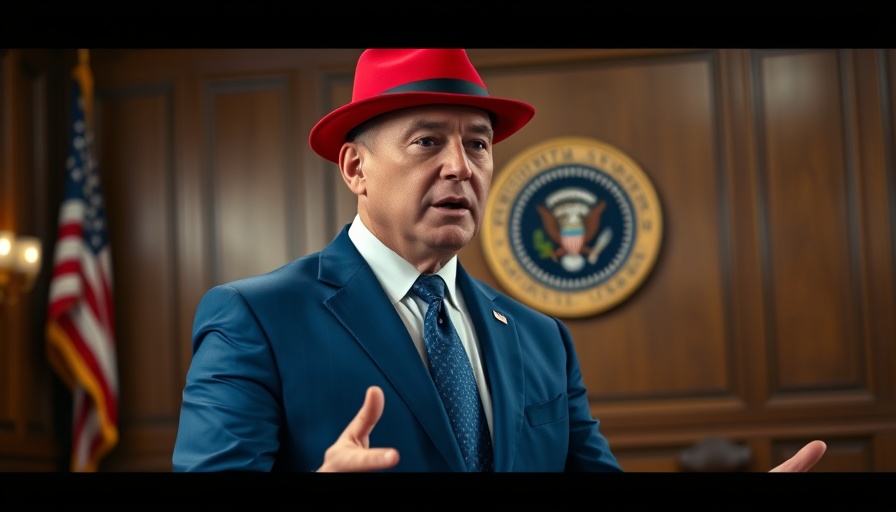
Understanding the Iran Strikes in Context
On June 21, 2025, the U.S. undertook a significant military action against Iran, targeting its nuclear program with a strike described as meticulously planned. The impact of this event has stirred a heated debate not just around military strategy, but also about the broader implications for U.S. foreign policy under President Trump. Unlike typical discussions that align U.S. foreign policy as either neoconservative interventionism or isolationism, Trump’s nationalist approach offers a fresh perspective likely aligning more closely with American interests as perceived by his administration.
Nationalism vs. Neoconservatism: A New Framework
Trump’s administration has often faced a dichotomy pushed by both mainstream and alternative media, framing U.S. foreign policy as a choice between military intervention to promote democracy or abstaining from engagement. However, what the Iran strikes reveal is a nuanced approach that prioritizes national interests and a reset in foreign engagement. This policy seems to resonate with Republican voters who may feel disillusioned by the standards of both neoconservative and isolationist ideologies.
The Immediate Outcomes: Ceasefire and Strategic Victory
In a stunning turn of events, the strike led to a ceasefire within 48 hours, raising questions about the predictions of a prolonged military engagement. Reports suggested that the U.S. expended around 75 munitions effectively crippling Iran’s nuclear capabilities. This outcome has crucial implications for future engagements, suggesting a swift, decisive action can indeed yield diplomatic results without long-term conflicts.
Implications for U.S. Foreign Policy Moving Forward
The effective strike on Iran may prompt a reevaluation of how the U.S. approaches authoritarian regimes and military engagements. If Trump's nationalistic strategy continues to follow this trajectory, future conflicts might favor direct tactical initiatives that achieve immediate results rather than prolonged military campaigns. This is especially relevant as the conflict in the Middle East has historically led to stagnation and enduring, unwelcome engagements.
What the American Public Thinks
The majority of Americans are not inclined towards endless wars, and the rising support for a more nationalistic foreign policy illustrates a desire for pragmatic solutions rather than ideological battles. As the public’s trust in swift actions conversing national security grows, President Trump may likely harness these sentiments to bolster support for his administration's foreign policy strategy.
In a global environment marked by complexity and shifting alliances, the U.S. faces the challenge of maintaining its power while reassessing its approach to international conflicts. The response to the Iran strikes hints at a broader strategic shift that could redefine American engagement abroad.
Why It Matters: Implications for Local Power Dynamics
For residents and top wage earners in cities like Philadelphia, understanding the implications of U.S. foreign policy on local economics and security becomes vital. Military actions, such as the Iran strikes, can have rippling effects across various sectors, including trade, local businesses, and public perception of national security. Engaging in discussions about these themes may empower communities to influence political dialogues that affect their economic security and civic responsibilities.
Conclusion: As citizens and constituents interpret these military engagements and their implications, it remains crucial to stay informed and engaged. The current landscape of U.S. foreign policy may shift significantly—affording opportunities and challenges alike. By understanding the consequences of the Iran strike, individuals can contribute to informed discussions and advocate for policies that align with national interests and local values.
 Add Row
Add Row  Add
Add 




Write A Comment